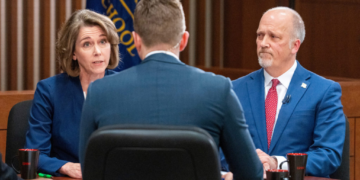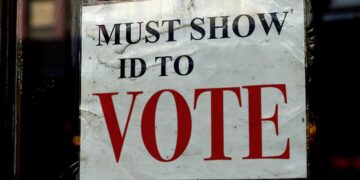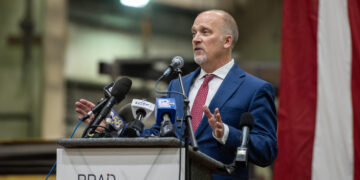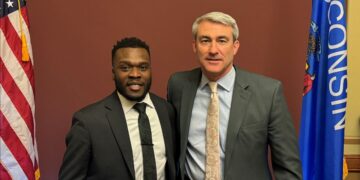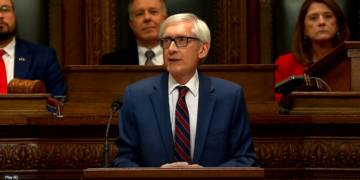The Biden administration’s ambitious student loan forgiveness initiative has hit a significant roadblock, leaving millions of borrowers uncertain about their financial futures. At the center of this crisis is the Saving on a Valuable Education (SAVE) plan, a key component of Biden’s efforts to provide relief for borrowers, including public-service workers. However, a federal appeals court put the plan on hold earlier this year, and with President Trump returning to the White House, SAVE’s future is even more precarious and uncertain.
The Biden administration’s push for the SAVE plan has drawn sharp criticism for promising relief that ultimately could not withstand constitutional scrutiny. By pursuing a policy without clear legal grounding, Biden misled millions of borrowers into believing their loans would soon be forgiven. This miscalculation has left borrowers in financial limbo, unable to plan their futures as they wait for the courts—and now President Trump—to determine the fate of student loan forgiveness. The failure to anticipate constitutional challenges not only undermines trust in the administration’s approach to this issue that affects millions of borrowers but has also placed undue stress on those who were counting on relief, highlighting a lack of foresight in Biden’s policymaking. In short, Biden provided loan borrowers with false hope, and an even more frustrating future.
Many borrowers were counting on loan forgiveness and were organizing their financial lives around it. As featured in the Wall Street Journal this week highlights the story of a public-service worker, Stack Eck (Indiana), who was close to having her student loans forgiven through the SAVE plan. She had over a decade to qualifying employment and was on the verge of reaching the 120-payment milestone required for forgiveness. However, the court’s injunction halted her progress, leaving her uncertain about her financial future. Eck now faces two difficult choices: make additional payments to “buy back” months of credit toward forgiveness or switch to an older, less favorable repayment plan with higher monthly payments. This uncertainty has deeply affected her ability to plan her next steps, a sentiment echoed by many borrowers caught in the limbo of legal challenges.
The incoming Trump administration has been critical of Biden’s loan forgiveness policies, labeling them costly, ineffective, unfair and unconstitutional. Reports suggest the new administration is unlikely to defend SAVE, which could result in the court striking it down altogether. In the meantime, borrowers enrolled in SAVE are frozen in place—they are not required to make payments or accrue interest, but they also cannot make progress toward loan forgiveness.

